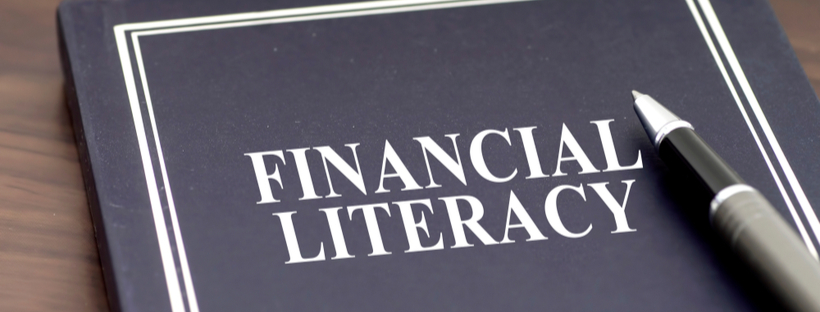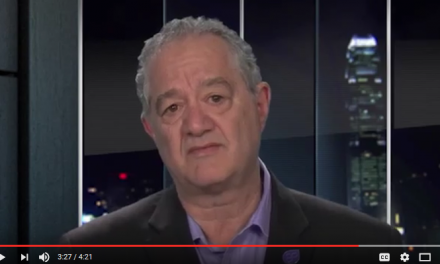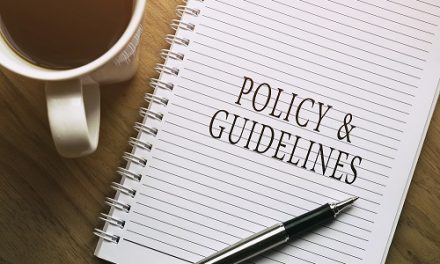
Financial Illiteracy: When Will We Learn?
Financial literacy has a predictive power in determining how well an individual can meet an unexpected expense or how likely someone is to save enough for retirement. A financial literacy gap not only points to a disparity in financial satisfaction, but it is a leading contributor to economic inequities.
To view the full article please register below:
Financial Illiteracy: When Will We Learn?
Financial literacy has a predictive power in determining how well an individual can meet an unexpected expense or how likely someone is to save enough for retirement. A financial literacy gap not only points to a disparity in financial satisfaction, but it is a leading contributor to economic inequities.
Our public schools continue to fall short on educating children about critically important personal financial topics. In a recent survey of states, only 21 states required high school students to take a course in personal finance; in other words, only 17% of high school students nationwide are required to take one course in personal finance.1
Sadly, this gap is even wider when comparing financial education between high-income schools and low-income schools. Students of high-income schools were nearly three times as likely to be required to take a personal finance course than were students of low-income high schools.2
Finding Solutions to Financial Illiteracy
While parents serve as a natural frontline in the battle for financial literacy, parental education can make only so much progress if the parents lack a solid foundation in personal finance themselves.
As a consequence, many look to our public school system to perform this role. However, a lack of urgency to require personal finance instruction at the state level and a shortage of teachers capable of teaching the subject matter are obstacles to progress. States need to be educated about the role such education can play in helping break the cycle of poverty and economic injustice.
But America has always been about individual initiative and community involvement. And, in this spirit, there are a number of organizations that have been founded to address financial illiteracy in America.
Perhaps the most well-known of these organizations is Operation Hope, whose Board of Advisors includes, among others, Henry Ford, III, and Ed Bastian. Operation Hope, which recently rolled out its 1 million black business and entrepreneur initiative, is dedicated to financial education and economic empowerment.
Another organization, Moneythink, focuses on mentorship for 30,000 underserved high school students nationwide.
You Can Play a Role
A financial advisor’s core competencies include deep subject knowledge and the ability to communicate complex topics in a simple and understandable way. This amounts to the ideal definition of a great teacher.
Investment professionals looking to make an impact in their community may find no greater way to make a meaningful and long-term impression than teaching young students important personal financial concepts that will position them to make smarter financial decisions throughout their adult lives.
Sources:
- https://www.councilforeconed.org/wp-content/uploads/2020/02/2020-Survey-of-the-States.pdf
- https://www.councilforeconed.org/wp-content/uploads/2020/02/2020-Survey-of-the-States.pdf
Please reference disclosures: https://blog-dev.americanportfolios.com/disclosures/












